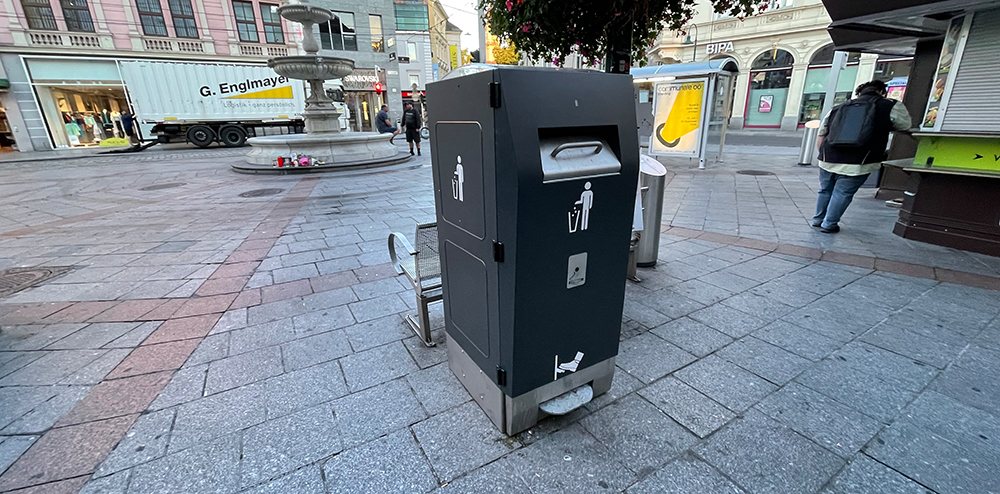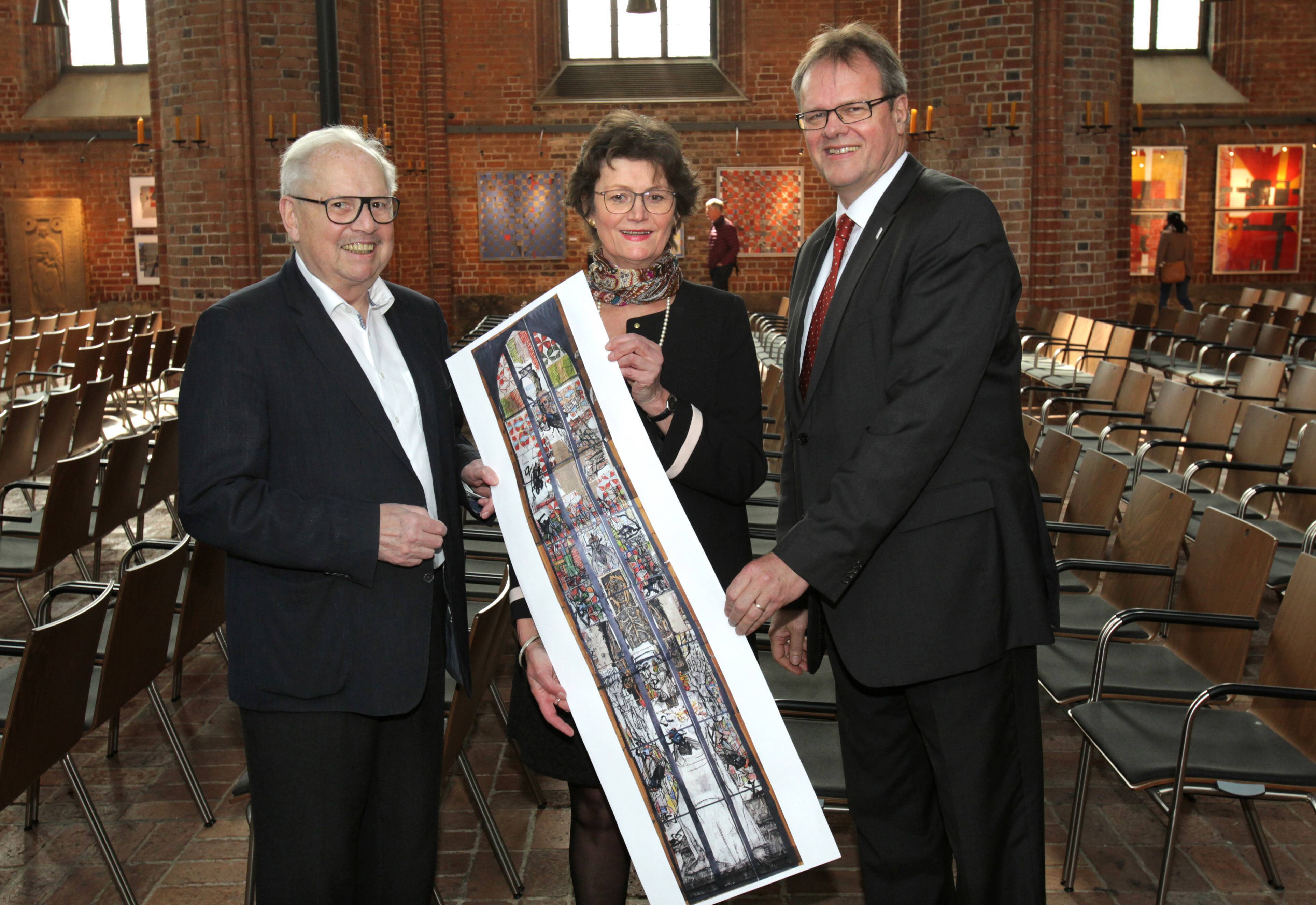50
Published on August 12, 2022
0
–
–
The media and city politicians are currently celebrating the commissioning of the first solar-powered, self-pressing garbage can at the Taubenmarkt in Linz. The devices compress the waste up to eight times and work without a power connection. The advantage: personnel savings, fewer conventional rubbish bins and also lower operating costs. However, the system that has existed in other cities for some time is only very limited in terms of innovation because the topics of waste separation and waste avoidance are completely ignored. Appropriate solutions already exist. About Linz and its long journey to becoming a smart city.
The idea of solar waste compactors is not new – similar devices have been around in other cities like Hamburg for many years. There have already been self-compacting garbage cans in the city of Linz, but the device on the Taubenmarkt is the first solar-powered and therefore location-independent compactor. Ordinary rubbish is compacted up to 5 times, fast food residues and packaging even up to 8 times.
The topic of waste separation is completely ignored
The biggest problem: The topic of waste separation is completely ignored by the “omnivores” in XL format. On the contrary: It is formally invited to produce even more waste. This is not innovative and forward-looking – despite solar operation. Where are the concepts, innovations, ideas and incentives – for example for inner-city fast food companies – to produce less packaging waste? And why are there absolutely no waste separation options at neuralgic points like the Taubenmarkt? The “Wastemate 240” doesn’t discriminate, it eats everything: glass, cans, batteries, scrap, leftovers and much more. “No matter how much rubbish, bring it on!” – is that actually the claim that Linz should set itself as a smart city and future capital of innovation?
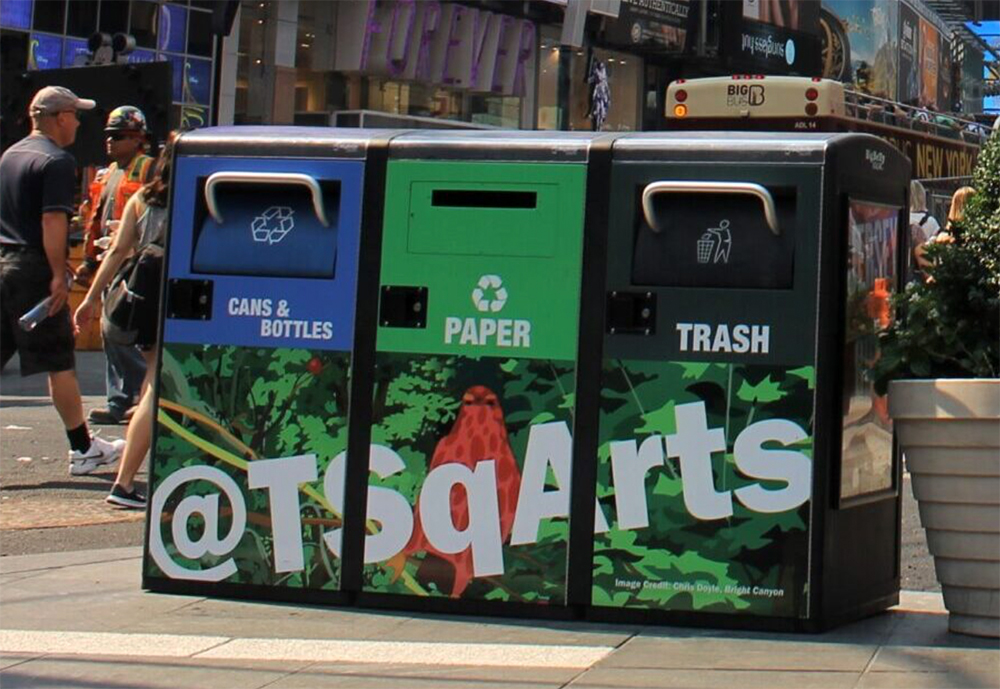
Subsequent waste separation is almost impossible
Due to the solar operation, the term “sustainability” is constantly used by the green environmental councilor Schobesberger when it comes to the Wastemate. One thing is clear: Eight times compressed “uniform waste” can hardly be sorted and separated. Because in the sorting plants, the waste is poured as loosely as possible onto belts so that it can be better separated according to material type. What cannot be identified or is too dirty (plastic packaging, PET bottles, etc.) ends up in the residual waste – and is incinerated (which, according to the Ministry of Climate Protection, also happens to 72% of the separated plastic waste).
According to the Waste Management Act (AWG 2002), every household in Austria is obliged to properly separate its own waste. Municipalities and the public space appear to be in a lawless state.
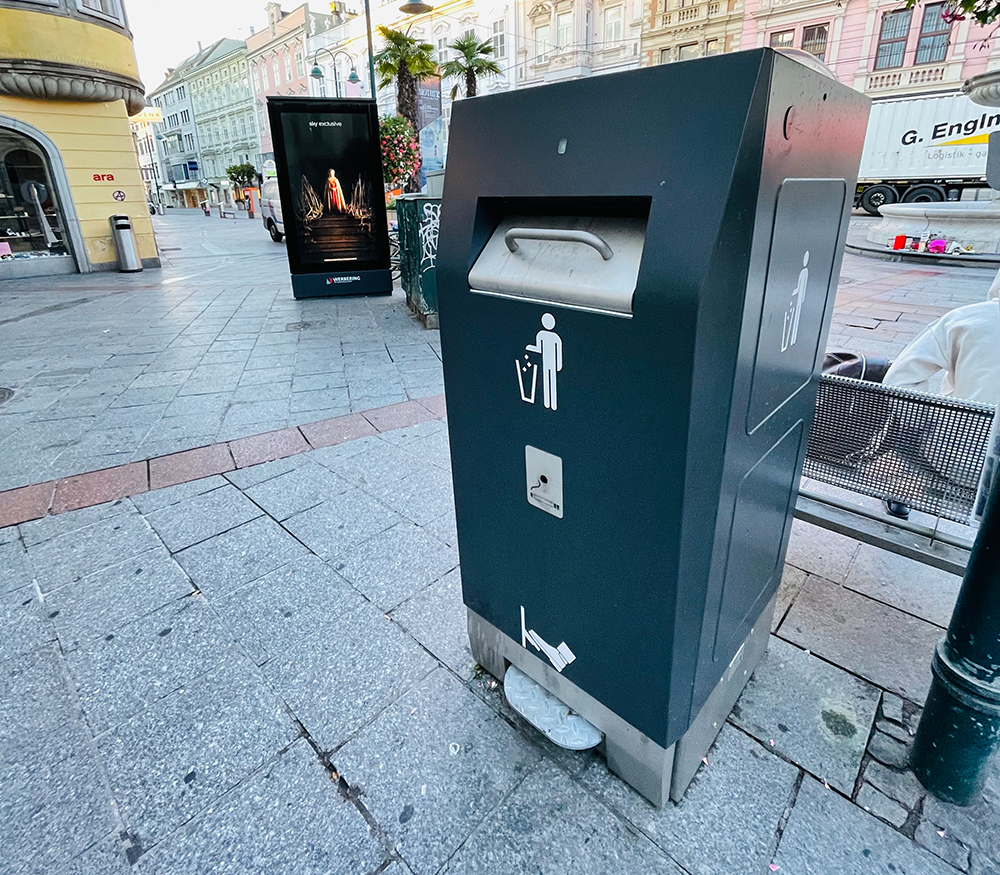
Lower costs as a cheap argument?
In all other areas without exception, in which environmental protection, climate protection and sustainability are concerned, the costs hardly play a role. But this is exactly the argument that is being made here, although the bottom line is that there is hardly any saving: the investment should pay off – a device from the Dutch manufacturer Procomat costs around 6,000 euros – due to fewer personnel expenses, less frequent emptying and no holiday surcharges. In Hamburg, which is nine times the size, the city government calculated savings of 200,000 euros per year using a similar system; in more tranquil Linz, the savings potential is probably a fraction of that.
Comment
It’s actually frightening what is celebrated as innovative in Linz when it comes to waste (and thus environmental protection) – not only by politicians, but by almost all media. Nobody looks behind the curtain: Every Austrian produced 588 kg of household waste in 2019 – seven kg more than in the previous year and also far more than the EU average (502 kg).
But instead of looking for ways to produce less waste, Linz is sending out other signals. Close your eyes and through: Linz simply compacts the ever-increasing waste avalanche by up to 8 times and everything is fine, because the corresponding garbage compactor is anyway “sustainably” operated with solar energy.
What should Linz’ claim be? To take the lead in waste separation, sustainable disposal and future-oriented solutions in terms of waste avoidance – if not with laws (which are mostly made in Vienna), then at least with reward systems and the use of appropriate solutions as they are already on the market: reusable ideas for Fast food companies (those who offer reusable items pay less tax or receive other incentives), instead of “Everything in here” devices, prefer innovative waste compactors with a separation system and much more. But “less” garbage because you compress it eight times? This slander is too cheap even for Linz.
Post Views:
50
More of opinion
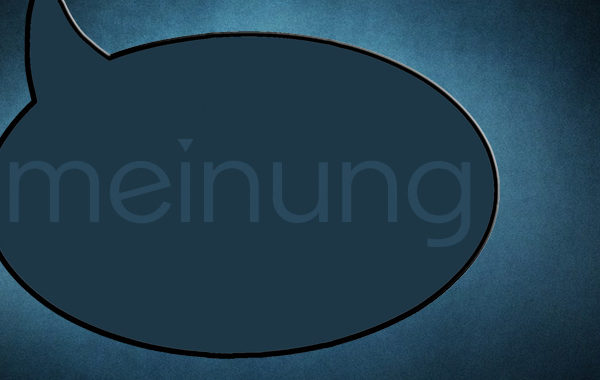
224
–
Black and white construction site(s)
Released May 26, 2022
0
–
A new, well-known trainer whose team will be arriving in the most modern arena in Austria in nine months: the prospects are actually good for the …
–
–
–
–
–
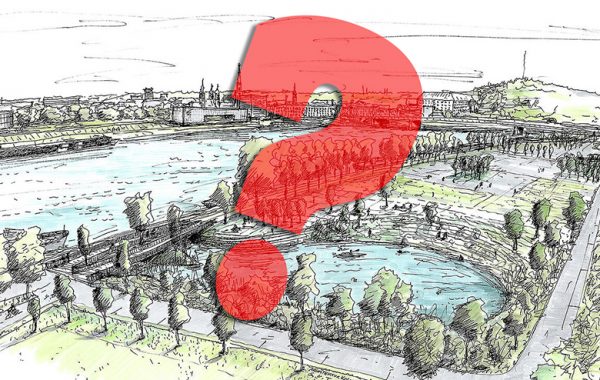
648
–
Is the Donauinsel project now finally drowning?
Released April 29, 2022
0
–
“The planning should be completed by the summer at the latest, the redesign could take place this year,” it said…
–
–
–
–
–
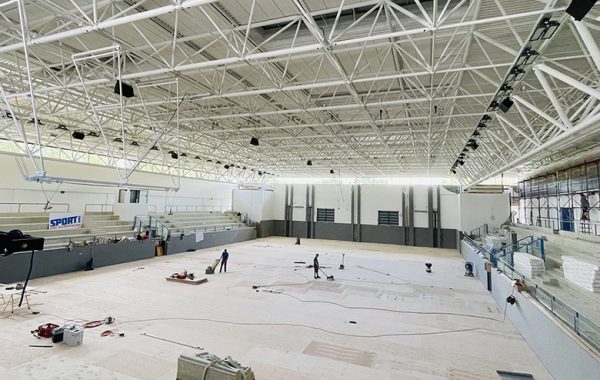
634
–
A Bundesliga ball sports hall that isn’t one
Released April 27, 2022
0
–
12 million euros were invested in Kleinmünchen in order, among other things, to convert the existing hall of the sports middle school into a ball sports hall suitable for the Bundesliga. …
–
–
–
–
–
–
–
